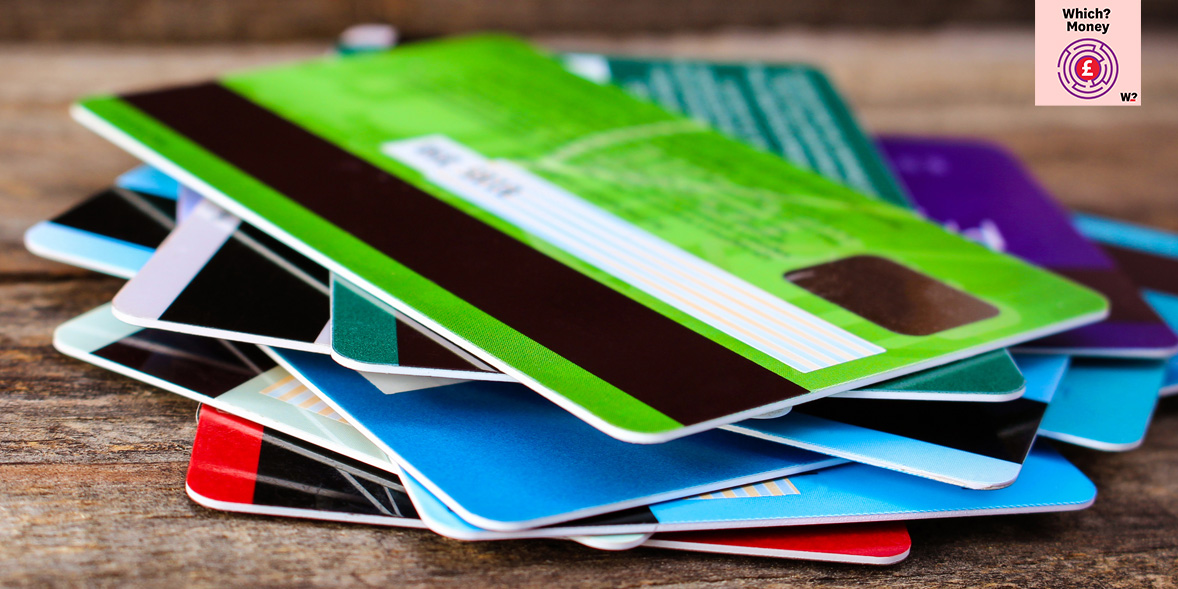
Islamic finance and Sharia-compliant savings

What is Islamic finance and Islamic banking?
Anyone who's recently checked a comparison site looking for the top-rate savings accounts and cash Isas will likely have spotted several Islamic banks towards the top of the tables.
In fact, the UK is the leading centre for Islamic finance in the west, according to a report on Islamic finance trends by TheCityUK, with several fully Sharia-compliant banks licensed here.
But, rather than paying an annual equivalent rate of interest on savings - like most banks do - Islamic banks pay an 'Expected Profit Rate' (EPR), so what savers earn depends on the profit the bank makes.
In line with this practice, Islamic banks don't offer overdrafts, as both charging and paying interest is not considered to be Sharia-compliant. Find out how these banks work, and how to take advantage of what they offer.
How do Sharia-compliant savings work?
The term 'Sharia-compliant' refers to banks that adhere to Islamic principles. In regards to savings accounts, Sharia-compliant banks will not pay interest on your savings, but will instead pay a profit that's generated from the savings deposits.
Much like a 'normal' bank, an Islamic bank invests the money you pay into your savings into Sharia-compliant ventures - this means money will not be lent to businesses that provide goods or services such as alcohol, tobacco or gambling, as these are all against Islamic principles.
Then, the money that's made on the investments goes to the bank, and it then pays its customers.
The EPR describes the profit that the bank expects to make; it's a target.
The banks are required to advertise the EPR as a percentage so that you can gauge what the account offers in comparison to interest rates you could receive or be charged by conventional banks.
However, the rate is not guaranteed and could be adjusted at any time - although, at the time of writing, we have not heard of an instance where an EPR has been reduced.
If a bank does reduce its EPR, you should be notified beforehand.
- Find out more: How to find the best savings account
Do I have to follow Islam to get an account?
No - anyone can open an account with an Islamic bank, regardless of your religious beliefs.
The only restrictions on opening a Sharia-compliant account are those present for all other savings accounts - for instance, you must be able to provide proof of identity and address, make the required minimum initial deposit, and, if applicable, follow the usual cash Isa rules.
Is my money safe in an Islamic bank?
A bank being Shariah-compliant has no effect on how secure your money is.
If a UK bank or building society has been authorised by the Financial Conduct Authority (FCA) or the Prudential Regulation Authority (PRA), your savings will be protected by the Financial Services Compensation Scheme (FSCS).
Under this scheme, savings of up to £85,000 are protected - per person, per banking institution.
This means that, if a bank should go bust and you lose your savings, you can make a claim to the FSCS and you'll be entitled to get your money back. Some mortgages, insurance, and investments could also be covered.
Many countries have similar schemes to cover non-UK banks, but it's best to check before you transfer your money to a foreign bank.
- Find out more: FSCS: are my savings safe?
Which Islamic banks are based in the UK?
When Which? analysed Moneyfacts data in December 2023, there were 59 savings and cash Isa accounts that were registered as being Sharia-compliant.
Of these, there 13 are cash Isas, 35 are fixed rate savings accounts 1 is a regular savings account 10 are variable rate savings accounts.
Al Rayan Bank
This retail bank has been around since 2004 and has more than 90,000 customers. In recent years it has closed its five high street branches, with customers required to bank via telephone or app. Customers can also deposit cash and cheques into their Al Rayan accounts at Lloyds Bank counters.
It offers savings, finance and current account services.
Bank of London & The Middle East
The largest Islamic bank in Europe, BLME was founded in 2006 and offers corporate banking, treasury and wealth management, as well as consumer savings accounts.
Gatehouse Bank
Gatehouse Bank offers personal savings accounts, home finance, and buy-to-let products. It was founded in 2007 and is based in London.
QIB (UK)
This is a UK subsidiary of Qatar Islamic Bank and offers investment banking services such as savings and current accounts, as well as private equity and asset management. Customers tend to have a high net worth.
Abu Dhabi Islamic Bank (ADIB)
The UK is the only country outside of the Middle East where ADIB runs operations. It has one UK branch in Knightsbridge, London, while the rest of its branch network can be found in Egypt, Iran, Saudi Arabia, and Qatar. It offers current accounts, savings, property search and management, and relationship management.


















